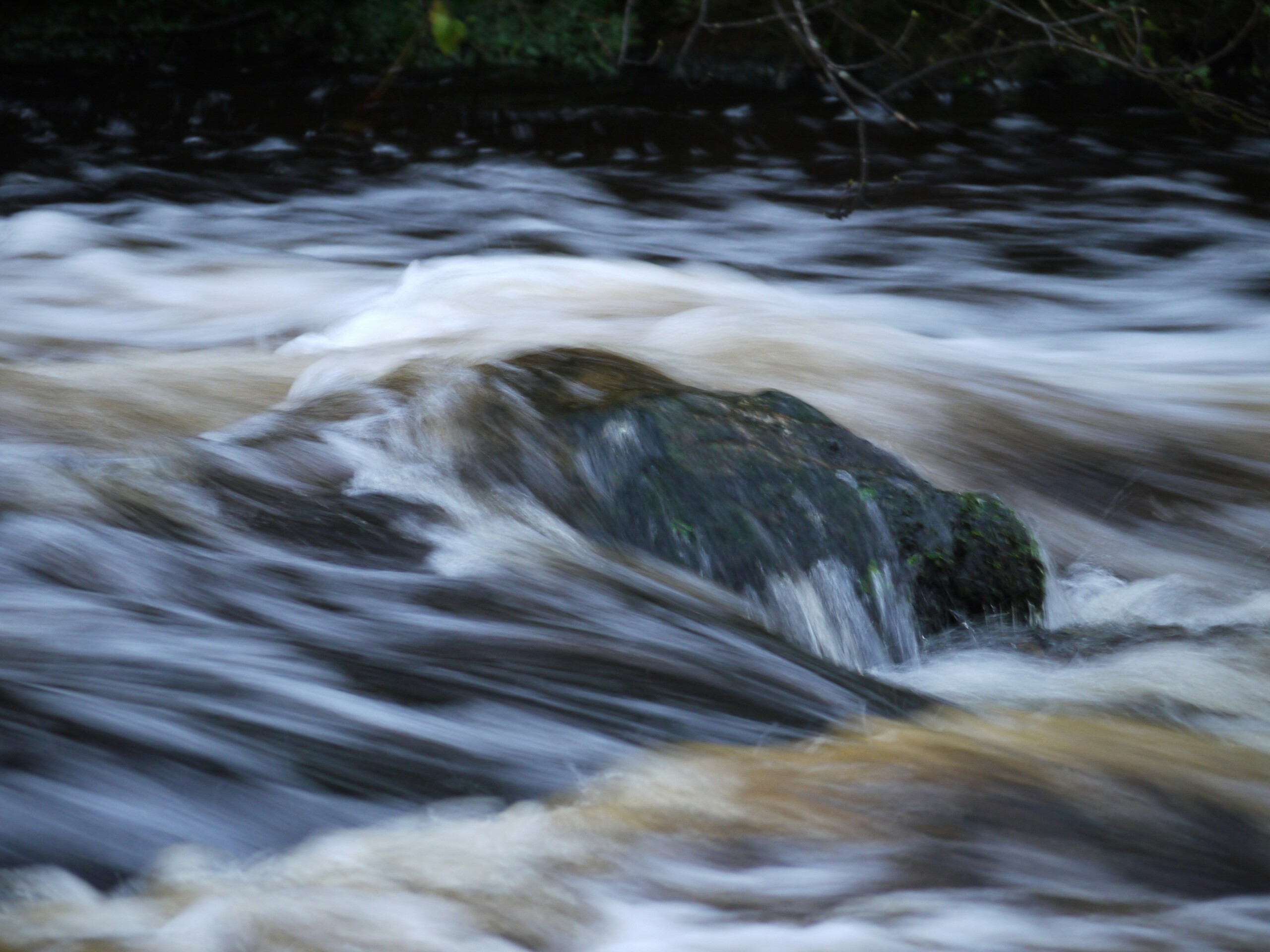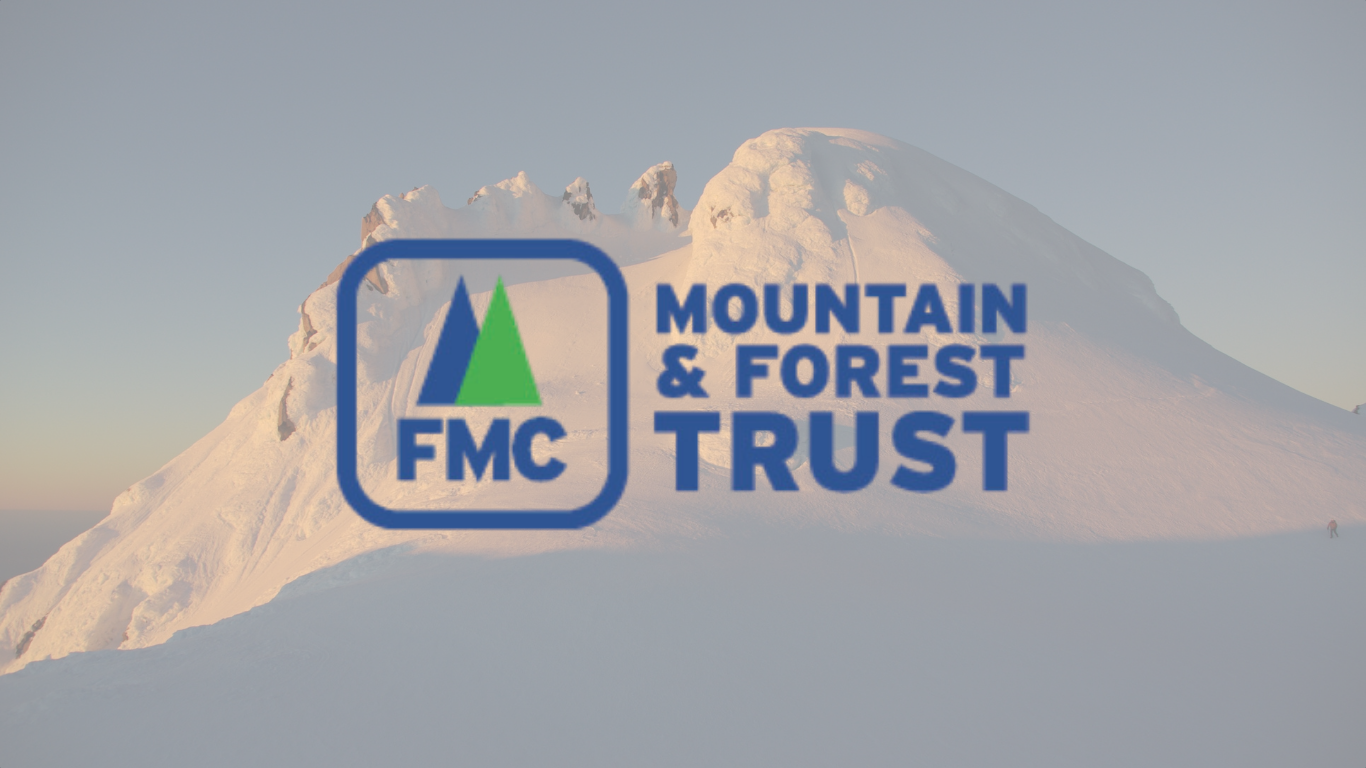FMC resigns from Mountain Safety Council

At its June 2019 meeting in Wanaka, the FMC Executive voted to resign from the Mountain Safety Council, effective 1 July 2020. The 12 month notice period is to give MSC an opportunity to formally address the concerns we have been raising since their restructure that disestablished their volunteer-run instruction courses.
Federated Mountain Clubs is resigning from the New Zealand Mountain Safety Council because it says the publicly-funded body is providing little value to the majority of New Zealand outdoorspeople.
FMC president Jan Finlayson said the resignation is effective 1 July 2020.
“Few on the MSC council and board have good understanding of outdoor recreation or connection with the people who pursue it”, says Ms Finlayson.
“The MSC council structure makes it hard for outdoor organisations like FMC and the New Zealand Deerstalkers Association to influence the council’s direction or actions; such groups have no more say than council members with little direct interest in the outdoors.
“Times have changed since 1965 when FMC helped set up the MSC. We now have GPSs and personal locator beacons; outdoor clothing and other gear has improved hugely; club-based and professional instruction is readily available; and there’s a wealth of relevant online resources. The MSC isn’t relevant to most trampers, hunters, or mountaineers in its present format.”
FMC first signalled its concern about the council’s purpose, governance, aims, and operation in 2014 when the MSC announced a dramatic change in direction.
“FMC has tried hard to understand the MSC’s new identity as a data-driven, internet-based safety messaging organisation”, says Finlayson, “but it’s problematic.
“Firstly, that messaging, strongly focused on tourist and beginner-tramper hotspots, is just a drop in a sea of online outdoor safety information that’s already provided by other agencies such as the Department of Conservation.
“Secondly, there’s danger in turning the lens away from the actual much broader scope of New Zealand mountain safety.
“And thirdly, the MSC’s use of data is questionable. For example, basic statistical significance tests can be absent, and ordinary outdoor afflictions such as blisters are mischievously recorded as things ‘going wrong’. And people having ‘mountaineering accidents’ in Auckland, as one MSC report claims, really stretches the imagination”, says Finlayson.
As its role in avalanche advice is largely as publisher of information sourced from other agencies and groups, that role is easily transferable to another outlet.
“The question has to be asked: ‘Does the New Zealand Mountain Safety Council have a role now?’ FMC’s decision to resign from the MSC wasn’t made lightly and would be reconsidered on strongly compelling grounds only.”
Federated Mountain Clubs was formed in 1931 to advocate for Aotearoa’s backcountry and outdoor recreation and represents around 24,000 members in over 80 clubs nationwide.
Main image: Trampers crossing the Hawdon River. River crossing was taught by voluntary MSC instructors until the organisation restructured. Photo: Tania Seward
Share This Story, Choose Your Platform!

Latest News
FMC opposes the Winstone Pulp International Limited resource consent application to enable the discharge of treated pulp mill wastewater, stormwater and a foam inhibitor to the Whangaehu River.
FMC is looking for the right candidate to appoint to the Maerewhenua Trust Board.
FMC is looking for the right candidate to appoint to the Federated Mountain Clubs Mountain & Forest Trust Board of Trustees.






